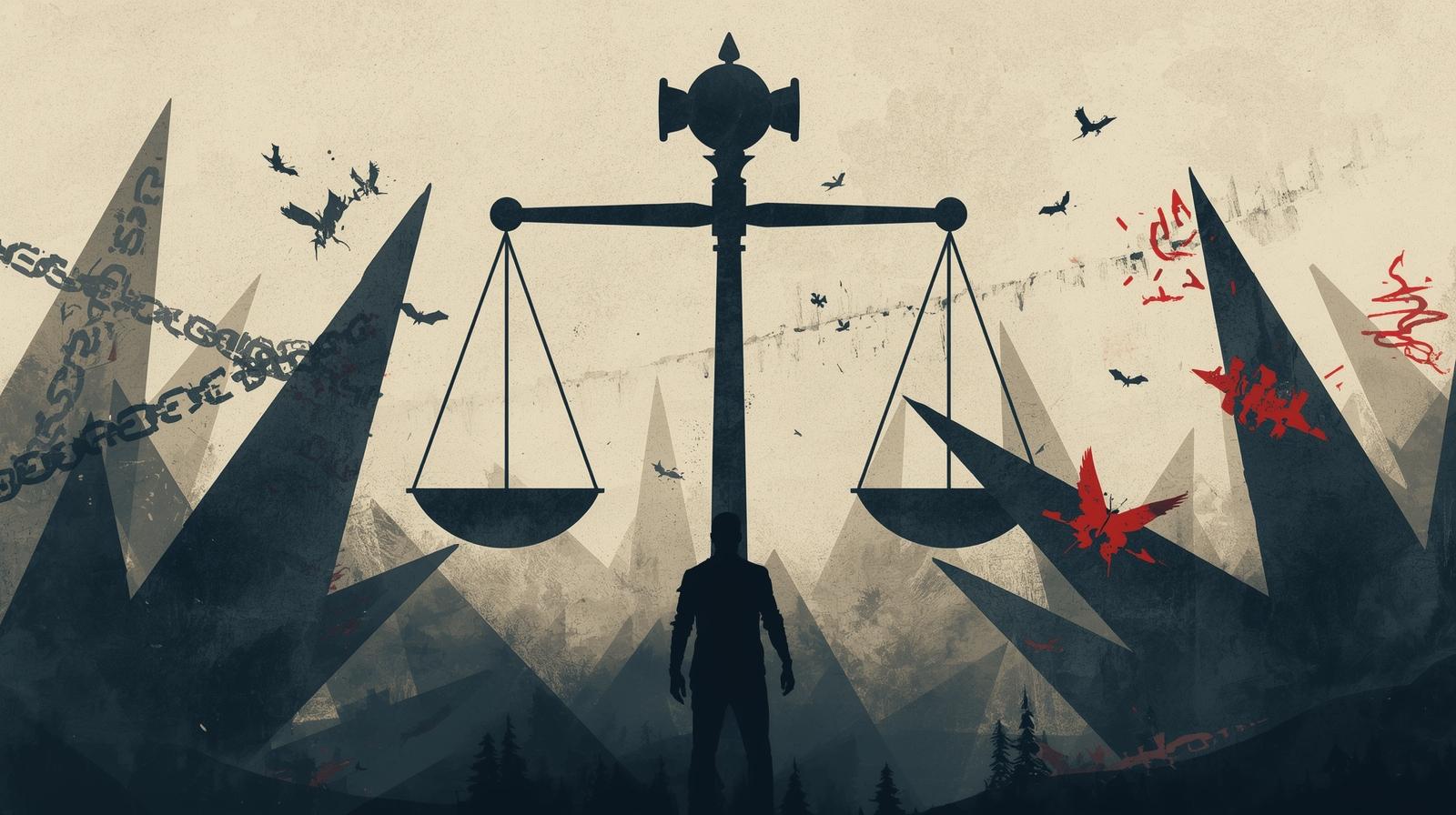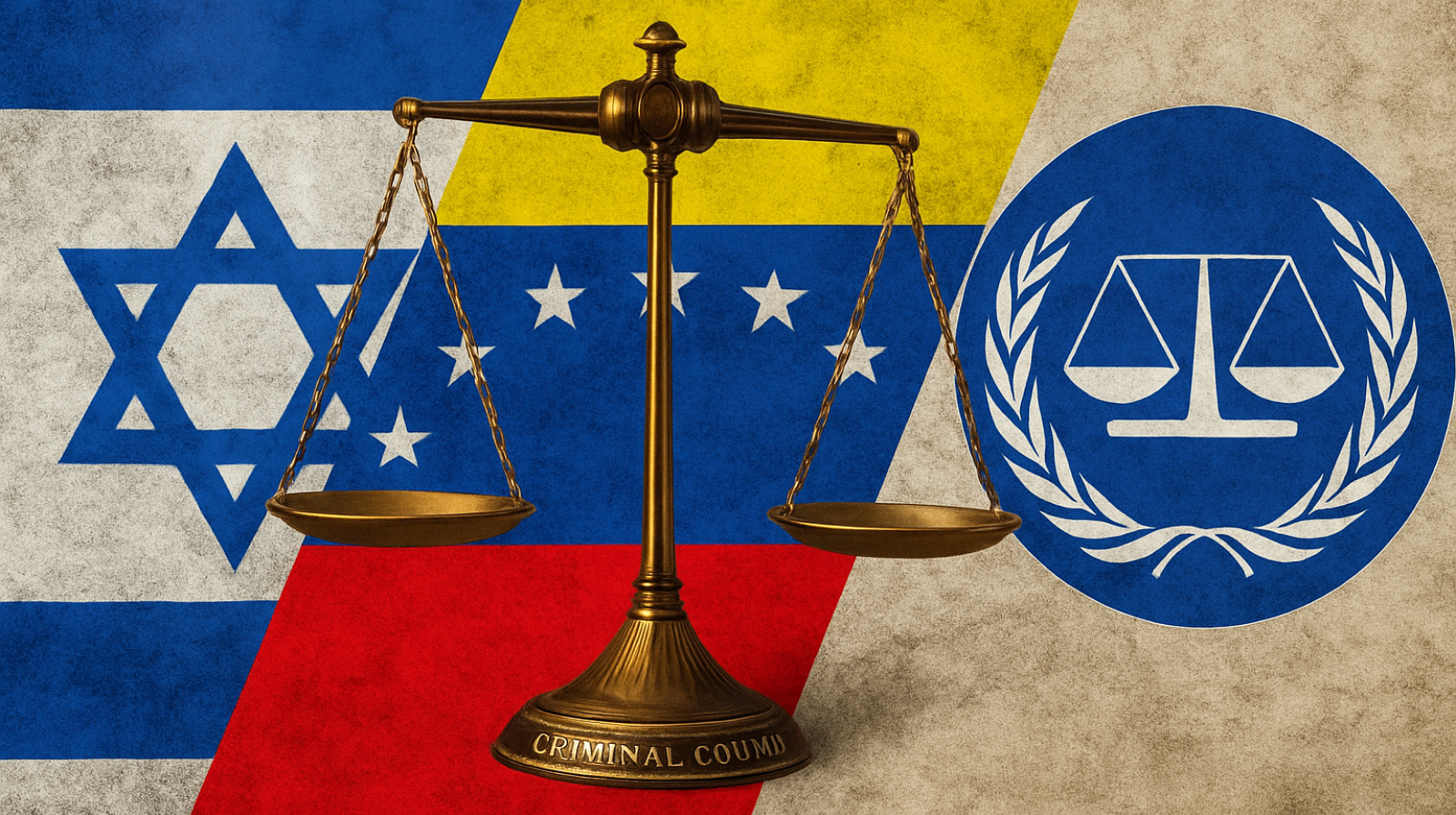This webinar deals with the question of proportionality and the definition of use of excessive force by the IDF in its war against Hamas in Gaza. Prof Geoffrey Corn from Texas Tech University and Col. (Ret). Miri Eisin, Director of the Institute of Counter Terrorism at Reichmann University offer their expertise in this complex environment of the current Israel-Hamas war. How are targeting decisions made? Is Israel achieving its military objectives? What are the IHL (International Humanitarian Law) implications?
Key points of the webinar
- Israel is facing a battle against hybrid terror organizations: Hamas and Hezbollah.
- Israeli military acts in a moral and ethical way. It is always trying to comply with international law.
- Israel is facing a full-scale army. Hamas terror army is a full-scale army: brigades, battalions, companies, platoons. This is terrorism in the structure of an army.
- It’s also a media warfare – Hamas has a sophisticated media manipulation plan. It is deliberately using psychological and information warfare.
Israeli operations in Gaza are not collective punishment. According to the Statute of the International Criminal Court, collective punishment is when the operations are intended to inflict punishment on the civilian population for something they’re not responsible for. When you’re fighting an enemy that embeds itself in the civilian population, that prevents civilians from evacuating the area, it is inevitable that combat is going to result in collective suffering. But that is not collective punishment.
Hospitals and the debate over evacuation.
Under International Humanitarian Law or the law of armed conflict, a hospital or medical facility, fixed or mobile, is the most protected thing on the battlefield. It is protected unless and until it’s being used in a manner that is harmful to the enemy, until it’s being used contrary to its exclusive humanitarian function.
And even then, there’s an obligation to issue a warning to the enemy to cease and desist that misuse and give them a reasonable time to comply. International critics are saying, well, you can’t warn the hospital because it’s impossible to evacuate the hospital. But the warning is not directed at the hospital. The warning is directed at the enemy, at Hamas to cease your improper use of the hospital.
It doesn’t take weeks or months to stop using a hospital as a storage facility for combat capability, it takes hours or maybe a day. At that point, under the law, the hospital loses its protection from attack. But even if there’s a perceived justification to attack a hospital, it remains a civilian object, and the individuals inside are still considered civilians. This necessitates taking all feasible precautions to minimize the risk to civilians during the operation.



